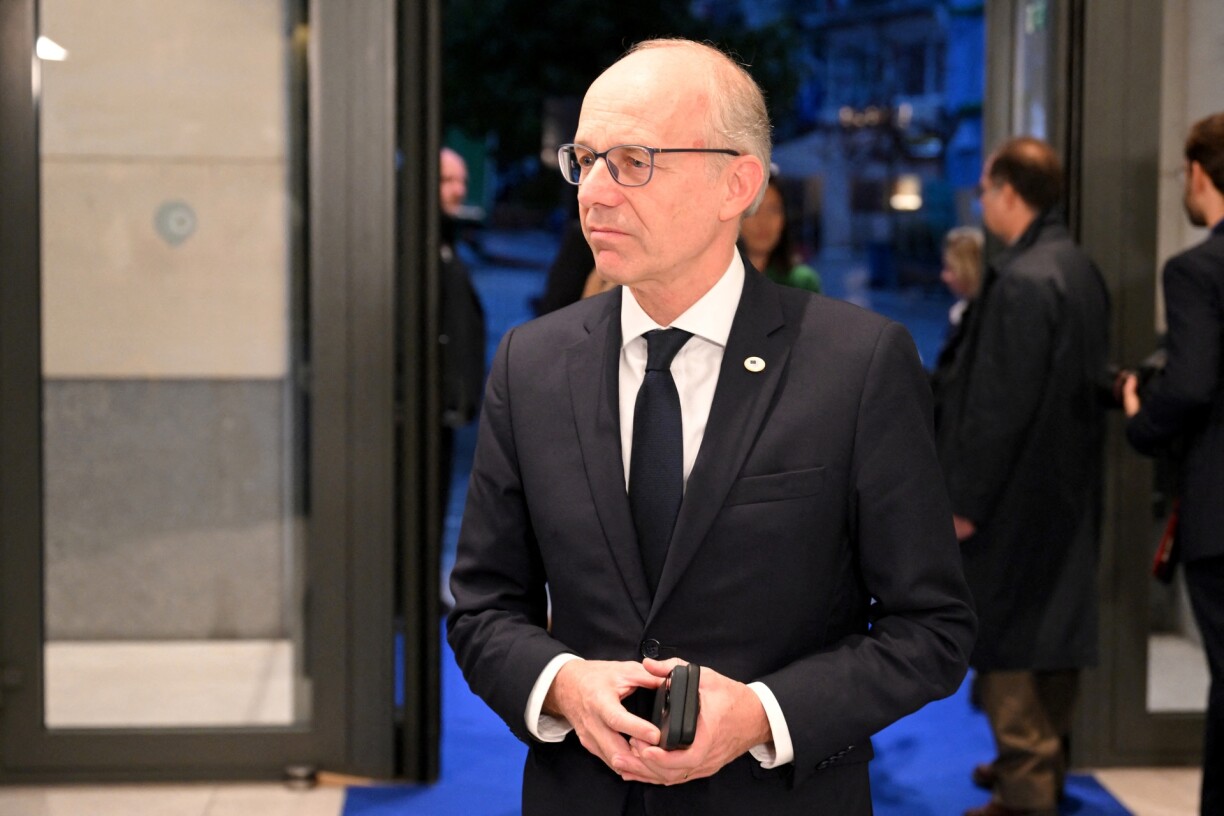
Editor’s note: You can watch the live stream with English translations by clicking here and choosing English at the bottom right of the video player.
A key moment in the political calendar, the annual state of the nation address delivered by the prime minister is closely watched not just by politicians, but also by business leaders, trade unions, and civil society at large. In the span of roughly an hour, the country’s stakeholders will be listening closely to see which direction Prime Minister Lux Frieden and his coalition intend to pursue in the months ahead, as well as any major policy changes on the horizon.
For Frieden, this keynote address is an opportunity to rise above day-to-day politics. As he expressed in his first State of the Nation address last year, the occasion is primarily a moment to step back from the daily political noise and focus on the bigger picture, shifting attention from short-term detail to long-term direction.
When he spoke on 11 June 2024, Frieden set out his intention to prepare Luxembourg for the future, strengthen the country’s social model, and uphold peace and freedom in Europe. Eleven months later, the lingering question is: how much progress has been made?
The speech comes at a time of major international uncertainty. Peace talks between Ukraine and Russia may finally be taking shape in Istanbul, a global arms race is gaining momentum, and trade tensions have flared dramatically after US President Donald Trump reintroduced steep tariffs. Against this backdrop, how should Luxembourg position itself going forward?
Domestically, recent economic developments have been mixed. The automatic wage indexation mechanism was triggered again at the beginning of May, leading to a general salary and pension increase. Variable mortgage rates are becoming attractive once more, and although wage employment has grown more slowly year-on-year, Luxembourg continues to maintain strong credit ratings, reflecting the country’s overall resilience.
Still, expectations are high for this Tuesday’s address. Frieden is likely to face pressure on several fronts, including Luxembourg’s persistently high housing costs, the politically sensitive issue of pension reform – where any changes will likely be closely scrutinised and could prove controversial, especially as the OECD continues to push for action – and the vital challenge of preserving social cohesion.
The PM, leading the coalition between the Christian Social People’s Party (CSV) and the Democratic Party (DP), will also be under scrutiny from trade unions, who criticised him harshly during the Labour Day demonstrations, accusing the government of being the “gravedigger” of Luxembourg’s cherished social model.
Will Frieden take this opportunity to announce the long-promised date for the “grand social roundtable”, a dialogue first pledged in January? One thing is clear: in his State of the Nation address, the prime minister will not be able to avoid the pressing questions facing the country.